2023 in pictures: A look back at the year's biggest international news stories

The war in Gaza, the United States-China spy balloon incident, more record-breaking heat and the "Barbenheimer" phenomenon shaped 2023. (File photos: AFP/AP/Reuters)
SINGAPORE: From the United States-China spy balloon incident to the war in Gaza and conflict in Myanmar, here's a look back at the stories that defined 2023.
January
China lifts COVID-19 travel restrictions
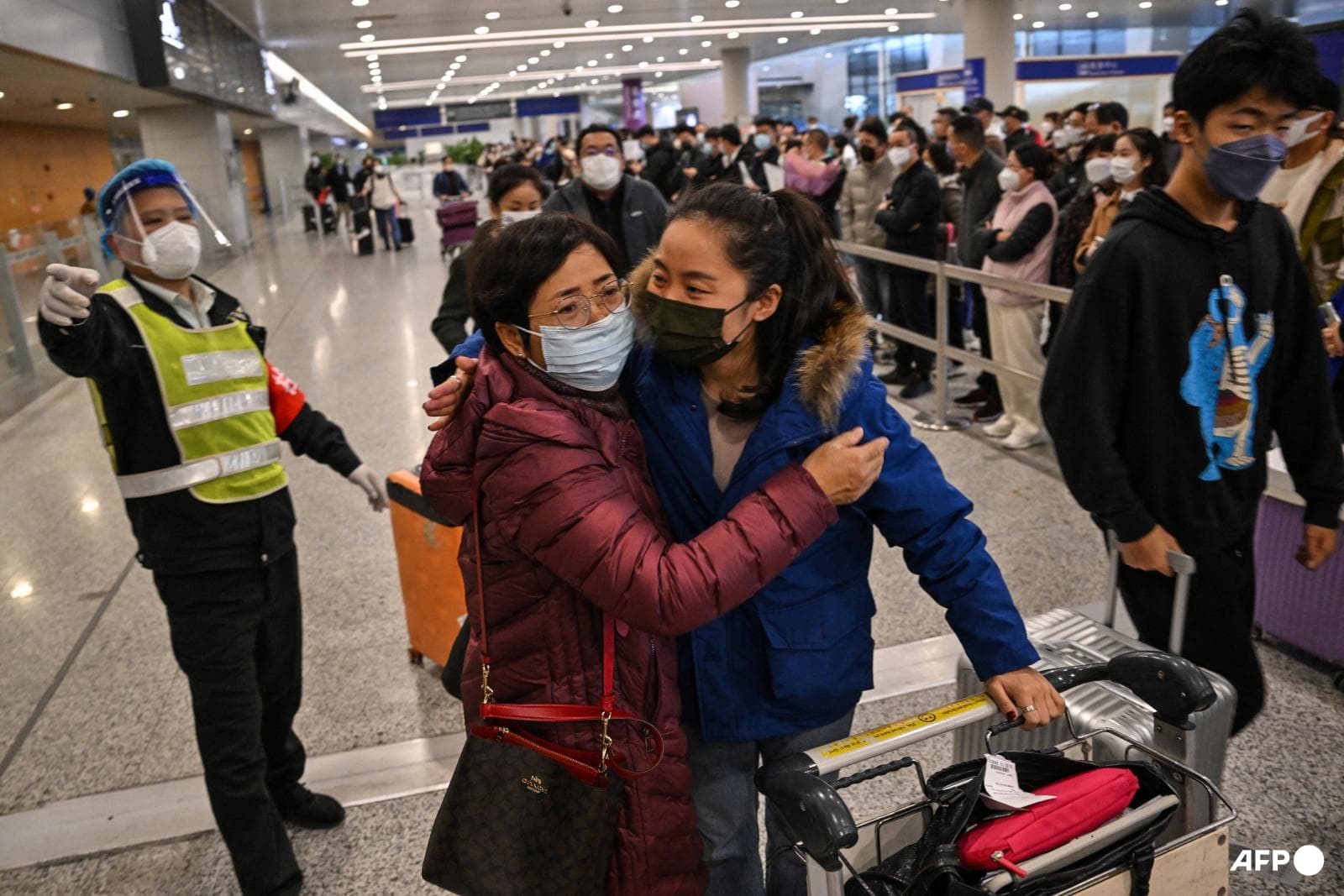
Travellers began streaming into mainland China by air, land and sea on Jan 8 as Beijing opened borders that had been all but shut since the start of the COVID-19 pandemic.
After three years, sea and land crossings with Hong Kong were reopened and the requirement for incoming travellers to quarantine was dropped, dismantling a final pillar of a zero-COVID policy that had shielded China's people from the virus but also cut them off from the rest of the world.
Supporters of former Brazil president Jair Bolsonaro storm government buildings

On Jan 8, thousands of backers of Brazil's far-right former president Jair Bolsonaro invaded and ransacked the Congress building, the presidential palace and the Supreme Federal Court in the worst attack on state institutions since Brazil's return to democracy in the 1980s.
The uprising, which lasted about three hours, underlined the severe polarisation that gripped the country after the inauguration of leftist President Luiz Inacio Lula da Silva, who defeated Bolsonaro in an October 2022 election.
Brazil's federal police carried out raids later in the month against people allegedly involved in the incident.
Yeti Airlines flight YT691 crashes in Nepal
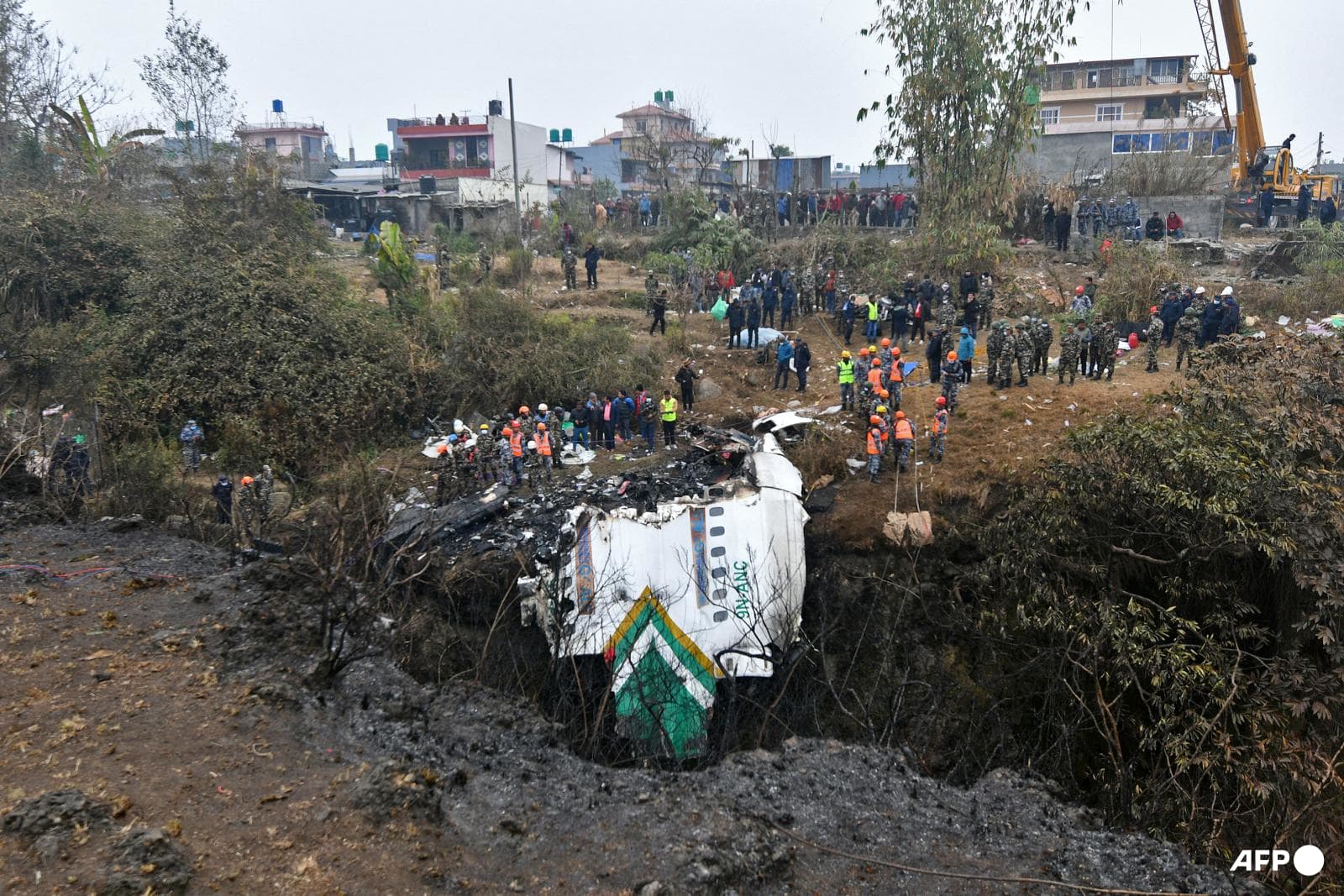
On Jan 15, a Yeti Airlines flight crashed as it approached the city of Pokhara in Nepal.
Hundreds of rescue workers scoured the hillside where the flight carrying 72 people from the capital Kathmandu went down, but no survivors were found. It was Nepal's deadliest air crash since 1992.
February
US shoots down suspected Chinese spy balloon
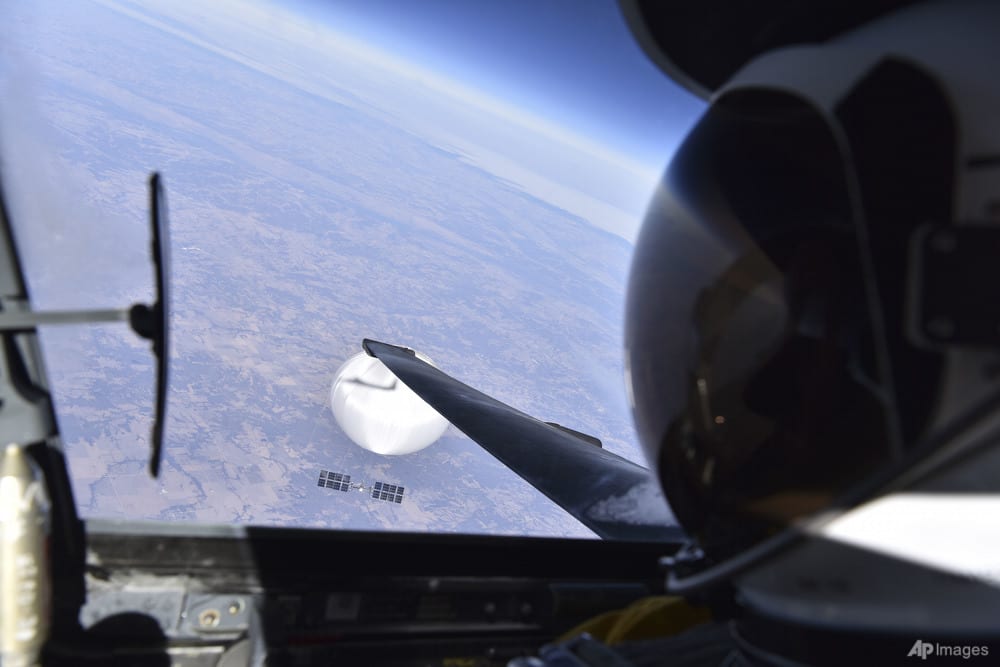
The US shot down a suspected Chinese spy balloon as it floated off the coast of South Carolina on Feb 4, drawing to a close a dramatic saga that shone a spotlight on worsening Sino-US relations.
The balloon first entered US airspace on Jan 28 before moving into Canadian airspace on Jan 30. It then re-entered US airspace on Jan 31, according to US officials.
US Defense Secretary Lloyd Austin said that the balloon was being used by China "in an attempt to surveil strategic sites in the continental United States".
China said it was a civilian balloon used for meteorological research, and sharply criticised the US for shooting it down.
Massive earthquake rocks Türkiye and Syria
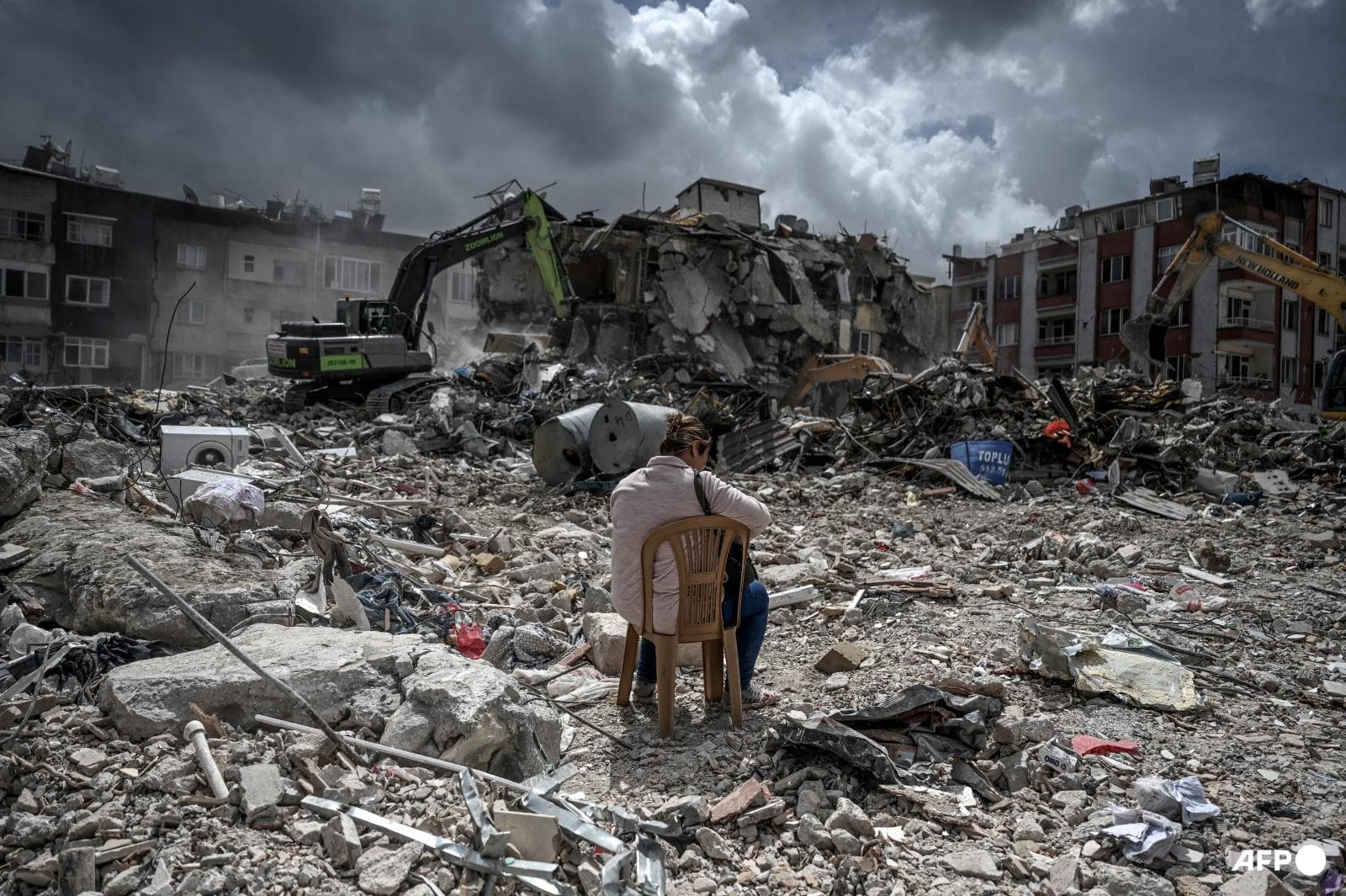
More than 50,000 people were killed after a deadly 7.8-magnitude earthquake shook Türkiye and Syria on Feb 6.
The majority of the victims were in Türkiye, making the quake the deadliest natural disaster in modern Turkish history.
The quake also destroyed hundreds of thousands of homes, leaving about 2 million people homeless.
March
Xi Jinping is re-elected as China's president
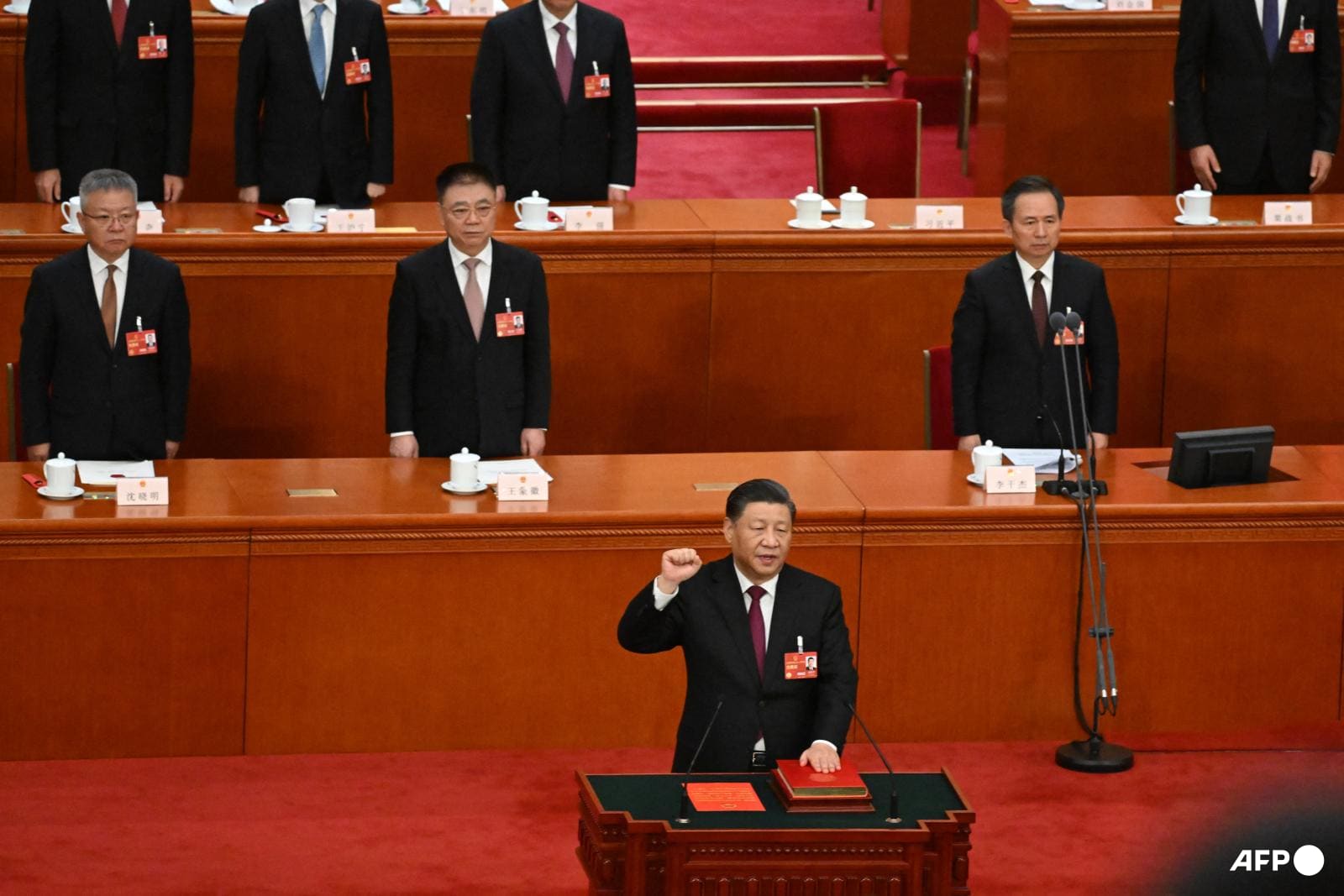
Xi Jinping was handed an unprecedented third five-year term as Chinese president on Mar 10, cementing his position as the country's most powerful leader in generations.
The stage had been set for Xi's new five-year run after a change to the constitution in 2018 that scrapped term limits.
Silicon Valley Bank collapses

US regulators pulled the plug on Silicon Valley Bank (SVB) on Mar 10 in a spectacular move that sent global banking shares sputtering as markets fretted over possible contagion from America's biggest banking failure since the 2008 financial crisis.
US authorities swooped in and seized the assets of SVB, a key lender to US tech start-ups since the 1980s, after a run on deposits made it no longer tenable for the medium-sized bank to stay afloat on its own.
Further turmoil in the US banking sector would follow, with Signature Bank collapsing just days later and First Republic Bank following suit in May.
In Switzerland, meanwhile, the government hastily arranged and partly bankrolled the takeover of Credit Suisse by UBS to prevent the former's collapse.
April
Finland joins NATO
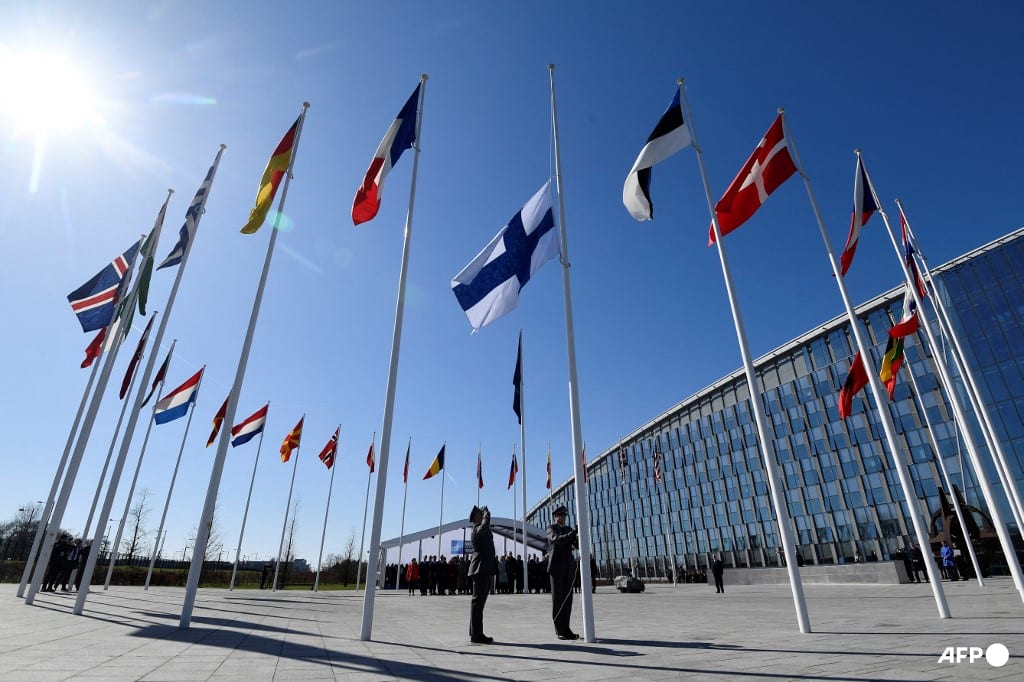
Finland formally joined the North Atlantic Treaty Organization (NATO) on Apr 4, ending seven decades of military non-alignment.
The addition of Finland roughly doubled the length of the border between NATO countries and Russia, bolstering its eastern flank as the war in Ukraine continued with no resolution in sight.
SpaceX Starship spacecraft explodes after launch
A next-generation SpaceX Starship spacecraft exploded minutes after lift-off in an uncrewed test flight from southern Texas on Apr 20.
Less than four minutes into the flight, the upper-stage Starship failed to separate as designed from the lower-stage Super Heavy, and the combined vehicle was seen tumbling end over end before blowing apart.
A second Starship mission in November also ended in what SpaceX called a "rapid unscheduled disassembly".
May
WHO declares end to COVID-19 global health emergency

The World Health Organization (WHO) announced on May 5, that COVID-19 no longer represented a global health emergency.
"Yesterday, the Emergency Committee met for the 15th time and recommended to me that I declare an end to the public health emergency of international concern," said WHO Director-General Tedros Adhanom Ghebreyesus.
"I've accepted that advice. It's therefore with great hope that I declare COVID-19 over as a global health emergency."
The WHO does not declare the beginning or end of pandemics, although it did start using the term for COVID-19 in March 2020.
King Charles III is crowned

King Charles III was anointed and crowned on May 6 in Britain's biggest ceremonial event for seven decades.
Charles, 74, automatically succeeded his mother Elizabeth II as the country's monarch on her death last September.
During the historic and solemn two-hour service, which dates back to the time of William the Conqueror in 1066, Charles' second wife Camilla was also crowned queen.
North Korean spy satellite launch fails
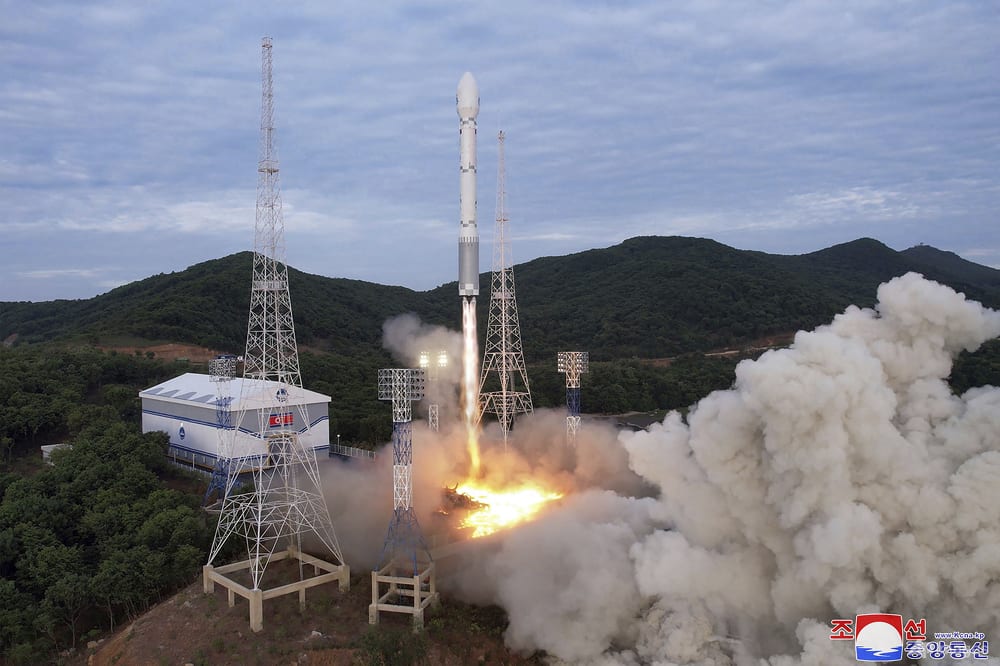
A North Korean satellite launch failed on May 31, with the booster and payload plunging into the sea, according to North Korean state media.
It was the nuclear-armed state's sixth satellite launch attempt, and its first since 2016.
The North would eventually launch a spy satellite successfully on Nov 21.
June
Trains collide in India

On Jun 2, in the eastern Indian state of Odisha, a passenger train hit a stationary freight train, jumped off its tracks and hit another passenger train coming from the opposite direction.
The rail disaster, India's worst in two decades, killed nearly 300 people and injured more than 1,000.
An official probe found that the crash was caused by faulty signal connections.
Submersible implodes at Titanic wreck site
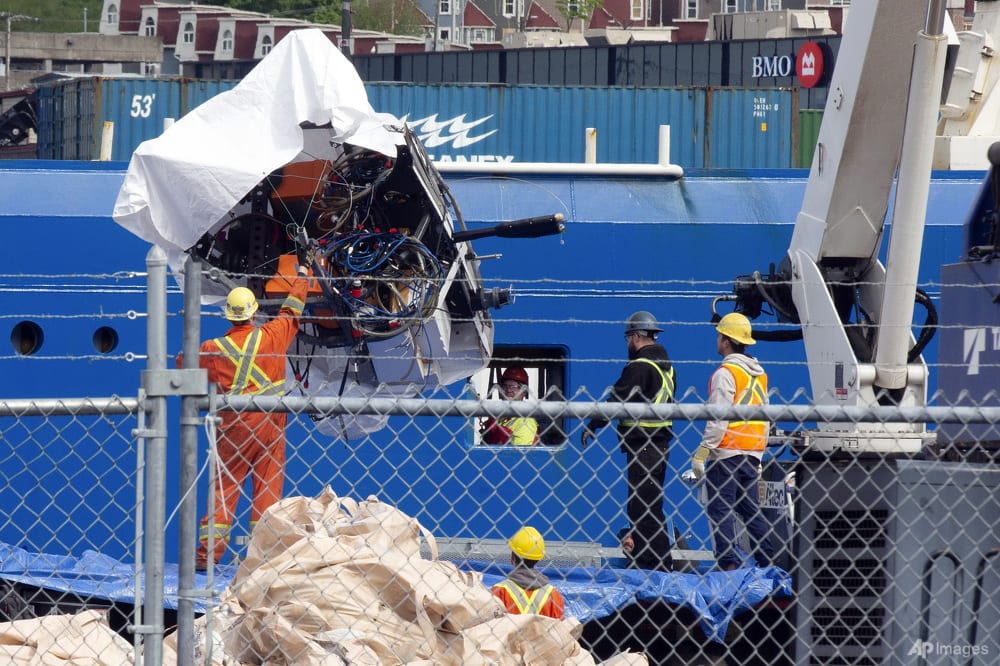
The Titan deep-sea submersible carrying five people on a voyage to the century-old wreck of the Titanic was found in pieces on Jun 22 after a catastrophic implosion that killed everyone aboard.
Operated by the US-based company OceanGate Expeditions, it lost contact with its surface support ship on the morning of Jun 18, about an hour and 45 minutes into what should have been a two-hour dive to the world's most famous shipwreck.
Questions about the Titan's safety were raised in 2018 during a submersible industry symposium and in a lawsuit filed by OceanGate's former head of marine operations, which was settled later that year.
Wagner Group advances on Moscow
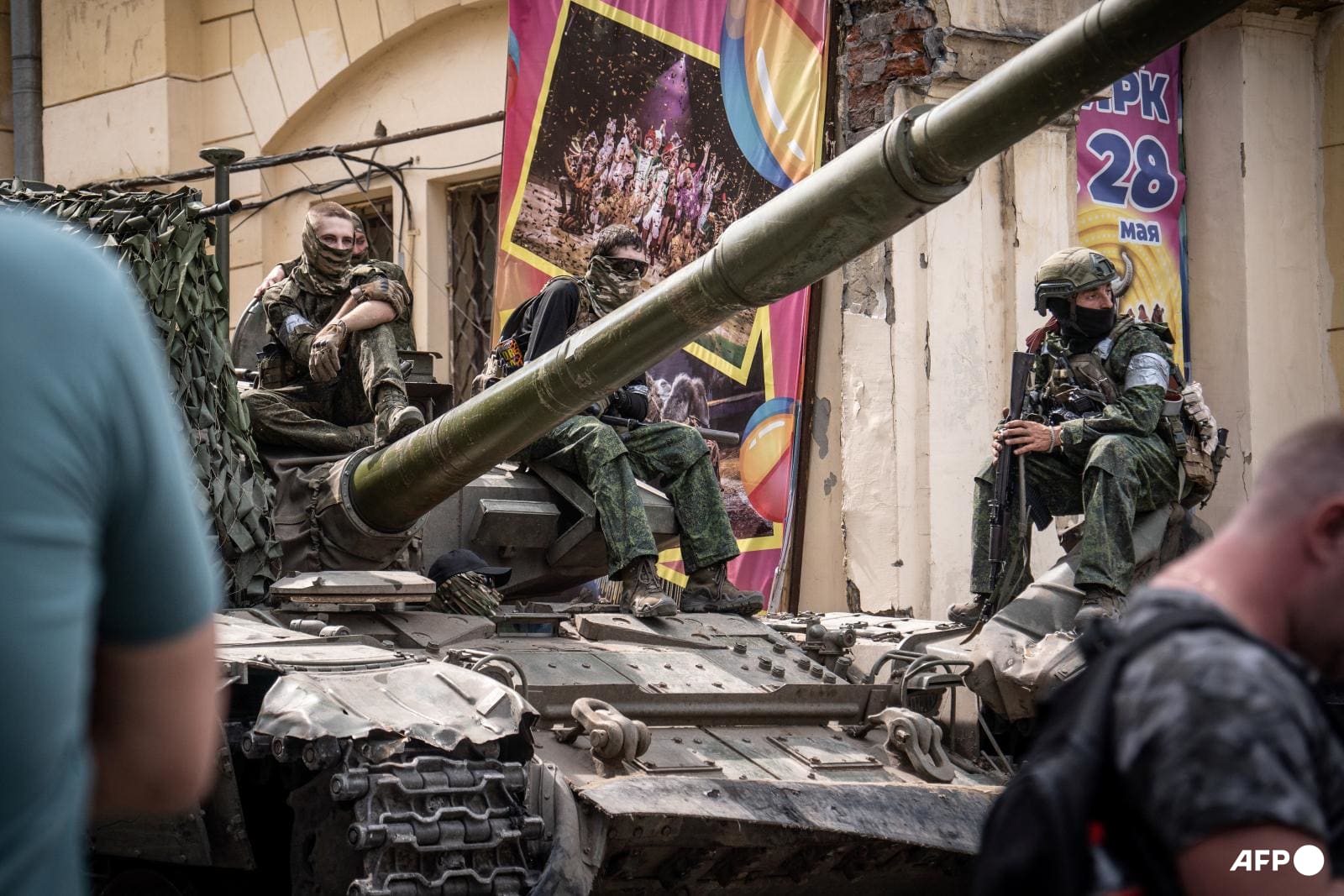
Heavily armed mercenaries from the Wagner Group rebelled against Russia's military leadership on Jun 23 in a major challenge to President Vladimir Putin's grip on power.
Wagner founder Yevgeny Prigozhin, a former Putin ally, said that his men were on a "march for justice" to remove corrupt and incompetent commanders he blamed for botching the war in Ukraine.
The mercenaries captured the city of Rostov-on-Don overnight and were barrelling towards Moscow when the advance was halted the next day in a move that Prigozhin said would prevent bloodshed.
Prigozhin would die in a plane crash just north of Moscow on Aug 23, exactly two months after the mutiny began.
July
China's foreign minister Qin Gang disappears
After Chinese foreign minister Qin Gang disappeared from public view, a spokesperson for his ministry said on Jul 11 that he was skipping meetings with Southeast Asian leaders "because of health reasons".
The 57-year-old was eventually ousted from his position on Jul 25, becoming the shortest-serving foreign minister in the country's modern history.
It was reported by the Wall Street Journal that he had an extramarital affair while he was ambassador to the United States.
Another senior Chinese leader, defence minister Li Shangfu, would be ousted in October.
"Barbenheimer"

The Jul 21 release of two contrasting blockbusters, Barbie and Oppenheimer, triggered a cultural phenomenon that became known as "Barbenheimer".
Mash-ups of the two movies flooded the internet, and they both broke box office records.
As of late December, Barbie had grossed more than US$1.4 billion worldwide, while Oppenheimer had earned just over US$950 million, according to Box Office Mojo.
Elon Musk rebrands Twitter
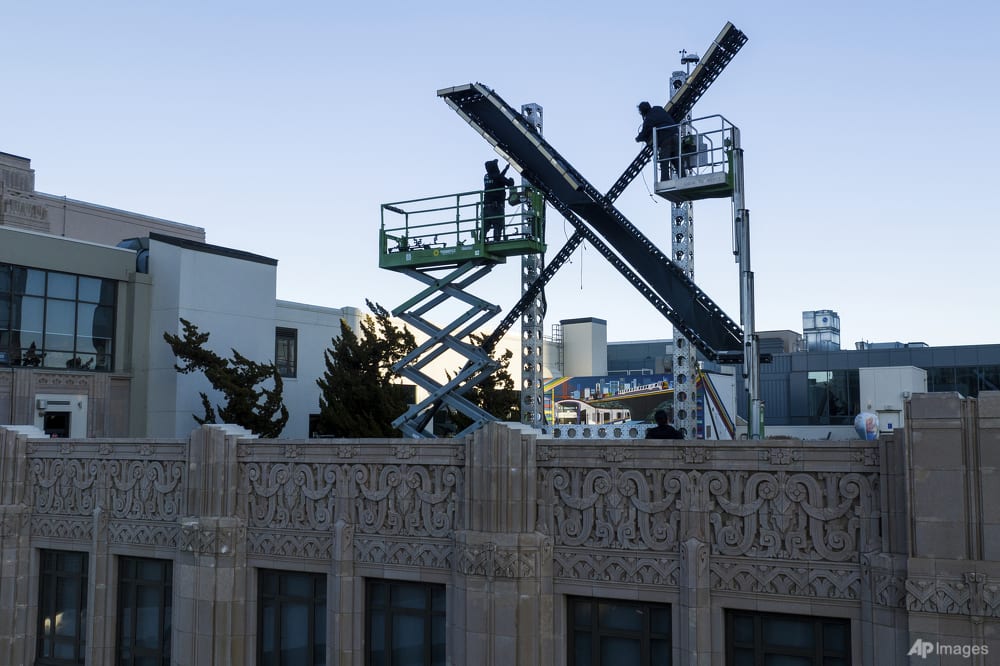
On Jul 23, Twitter owner Elon Musk signalled he would do more to take the social media company in a new direction with a rebranding that would see its well-known blue bird logo replaced with an X.
"And soon we shall bid adieu to the Twitter brand and, gradually, all the birds," he said.
August
Wildfires ravage Hawaii
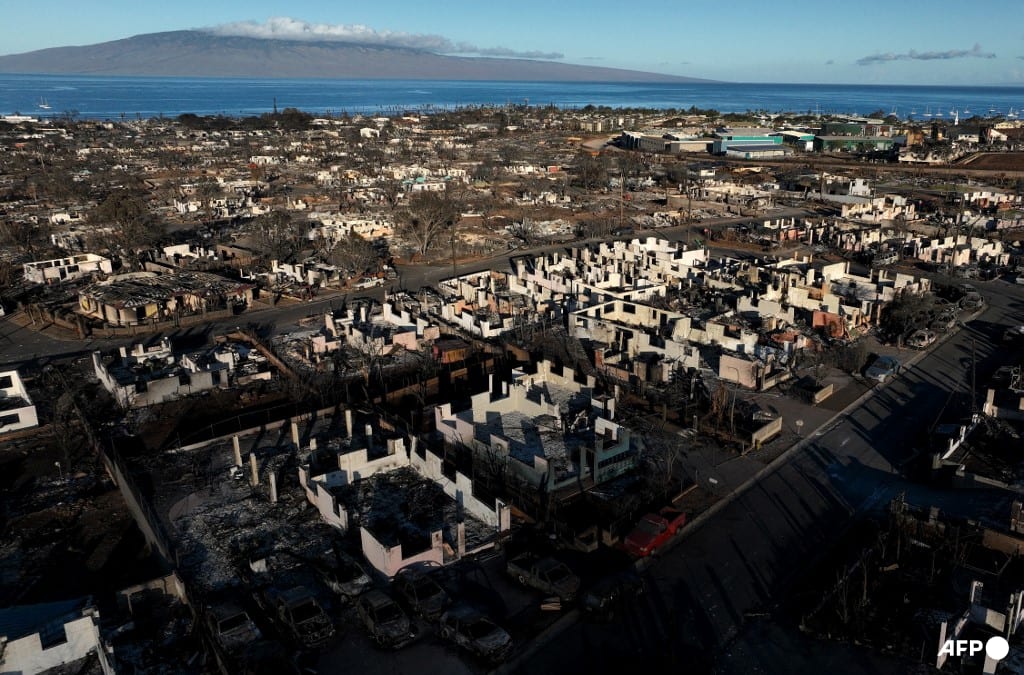
Several wildfires erupted across Maui on Aug 8, as Hurricane Dora passed south of the Hawaiian islands, killing 100 people and destroying the historic resort town of Lahaina.
Attention was focused on whether power lines owned by Hawaiian Electric Industries played a role in the deadliest wildfire in the United States since 1918, but the company said it was not responsible as it had shut off its power lines hours before the main blaze.
India lands spacecraft on lunar south pole
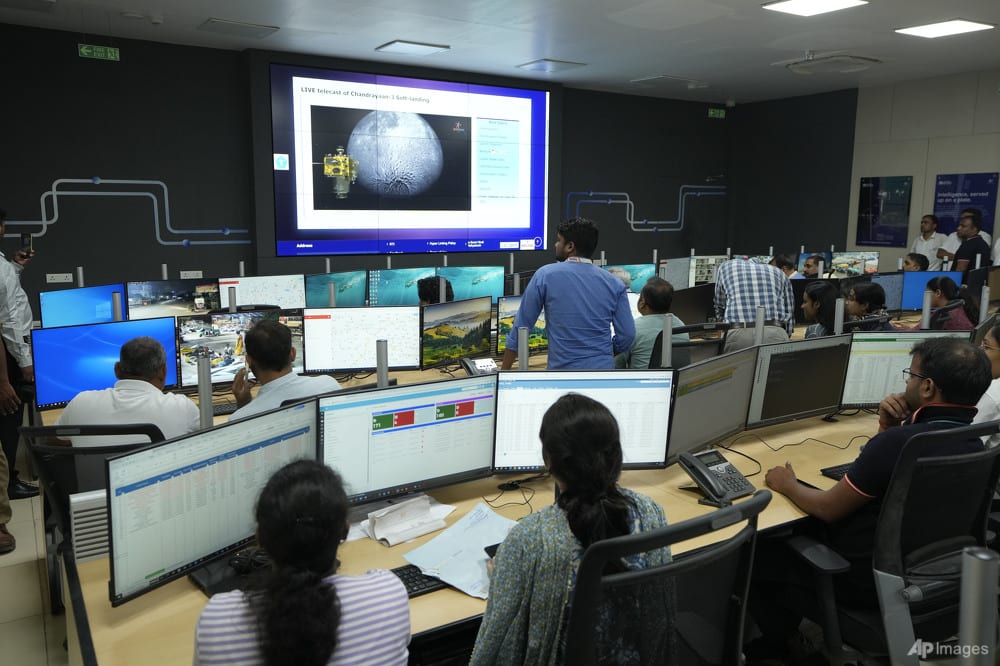

An Indian spacecraft - the Chandrayaan-3 - became the first to land on the rugged, unexplored south pole of the moon on Aug 23 in a mission seen as crucial to lunar exploration and India's standing as a space power, just days after a similar Russian lander crashed.
This made India the fourth nation to successfully land a spacecraft on the moon after the United States, China and the former Soviet Union.
Japan releases Fukushima wastewater
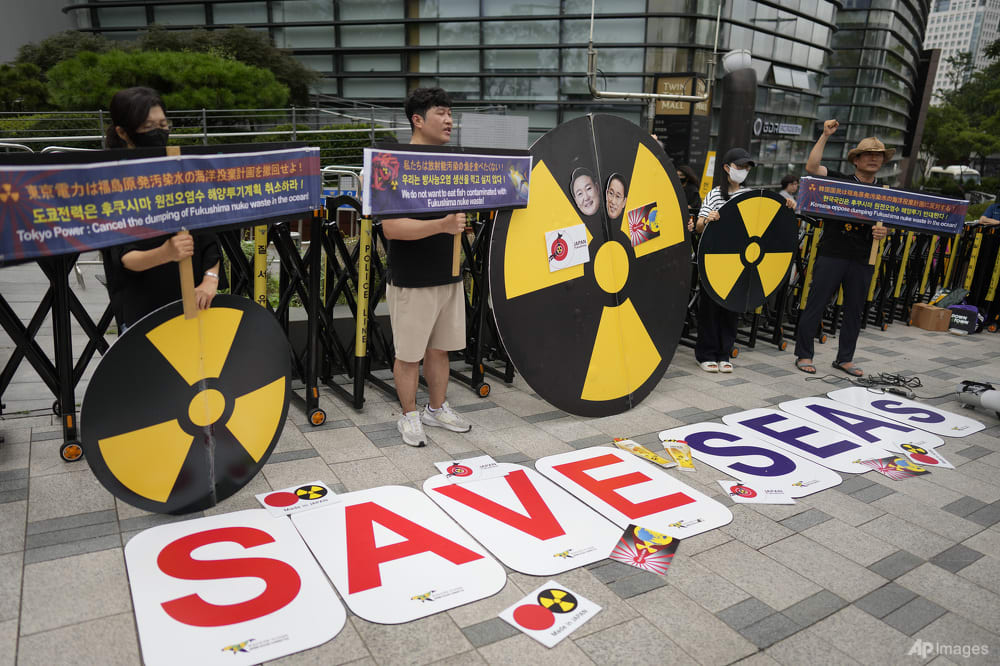
Japan on Aug 24 started its release of more than 1 million metric tonnes of treated radioactive water from the wrecked Fukushima nuclear power plant, which it said would be filtered to remove most radioactive elements except for tritium, an isotope of hydrogen that is difficult to separate from water.
It said it would treat the water so that the amount of tritium it contained was well below internationally approved levels before it was released into the Pacific.
Neighbours China and Russia banned seafood imports from Japan shortly after, while South Korea concluded from its own study that the water release met international standards.
September
Storm Daniel destroys dams, floods Libyan city

Swathes of the city of Derna in Libya were obliterated on Sep 10 by a torrent of water unleashed by Storm Daniel.
The storm broke two upstream dams, which sent a late-night tidal wave crashing through the centre of the city of about 120,000, sweeping entire residential blocks into the Mediterranean.
The final death toll from the disaster is still unclear, but the mayor of Derna estimated that more than 20,000 people had been lost.
Kim Jong Un meets Vladimir Putin in Russia

North Korea's leader Kim Jong Un met Russia's President Vladimir Putin on Sep 13 after crossing into Russia by train.
Putin promised to help North Korea build satellites as the two countries deepen military cooperation and Kim said that the trip was a clear show of the "strategic importance" of the countries' relations,
Canada-India relations sour over Sikh leader's death
Canada said on Sep 18 that it was "actively pursuing credible allegations" linking Indian government agents to the murder of a Sikh separatist leader in British Columbia in June, sparking a diplomatic row between the two countries.
Hardeep Singh Nijjar was shot dead outside a Sikh temple on Jun 18 in Surrey, a Vancouver suburb with a large Sikh population. Nijjar supported a Sikh homeland in the form of an independent Khalistani state and was designated by India as a "terrorist" in July 2020.
Canada withdrew 41 diplomats from India in October after New Delhi asked Ottawa to reduce its diplomatic presence in the country.
October
Teenager modifies handgun, opens fire in Bangkok mall
On Oct 3, a 14-year-old Thai boy took a modified handgun - originally designed to fire blanks - to the Siam Paragon mall in Bangkok and opened fire on shoppers.
Hundreds fled as gunshots rang out, and two women - one from China and another from Myanmar - were killed. Five others were wounded.
Thailand's national police chief said that the shooter was a "mental patient" at Rajavithi Hospital and had not been taking his medication.
US House speaker Kevin McCarthy is ousted
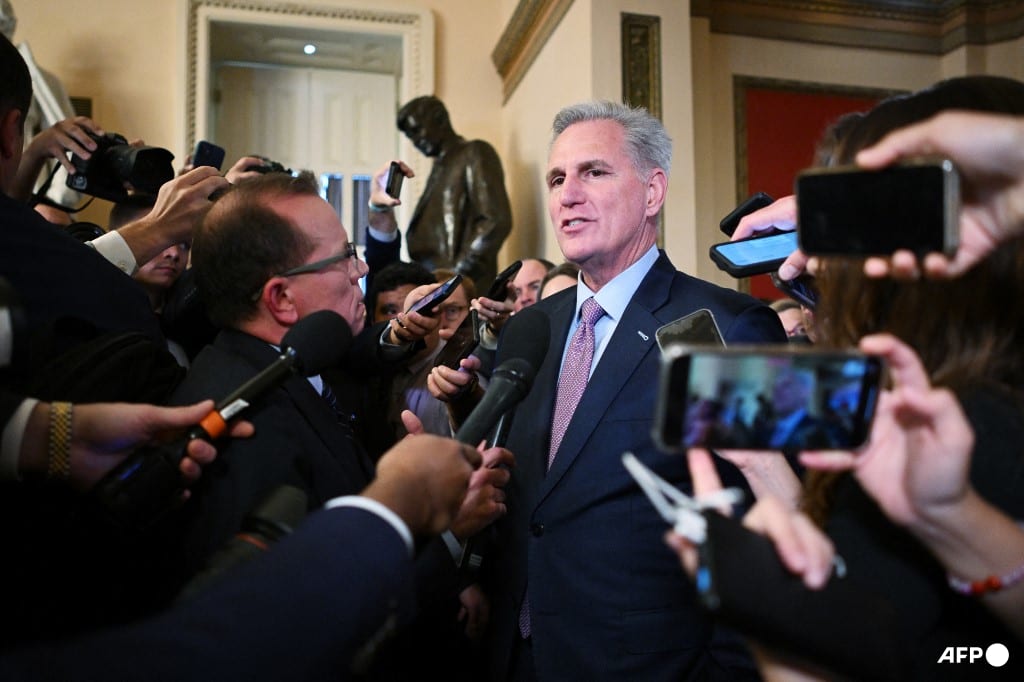
For the first time in its history, the US House of Representatives booted its speaker out of the job, as infighting in the narrow and bitterly divided Republican majority toppled Kevin McCarthy from the position on Oct 3.
Following weeks of tumult where the House had no leader, Mike Johnson was elected as McCarthy's replacement in a 220 to 209 vote.
Israel-Hamas war breaks out

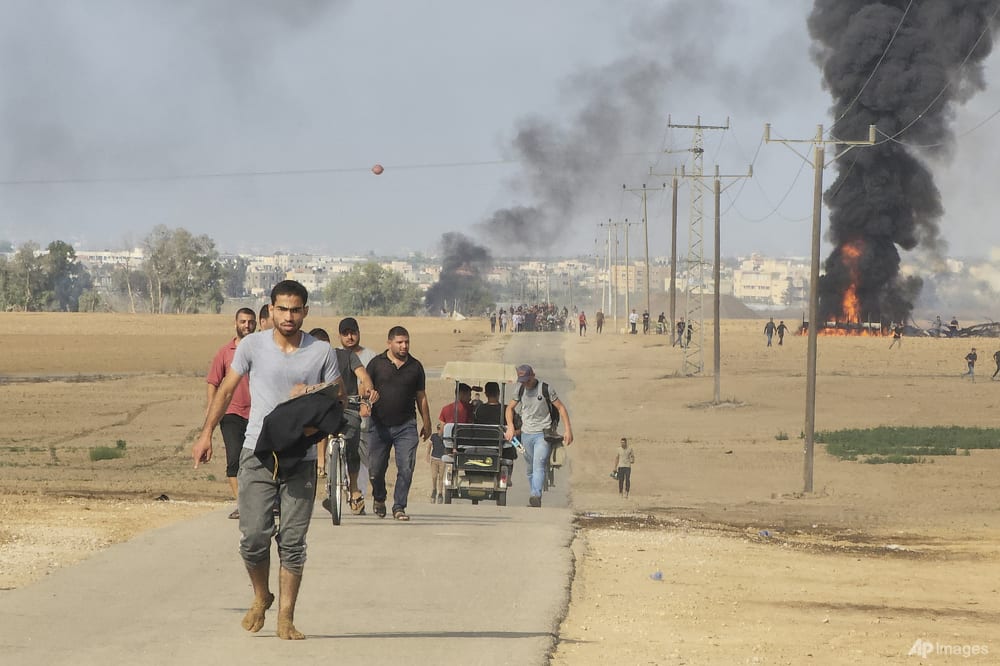


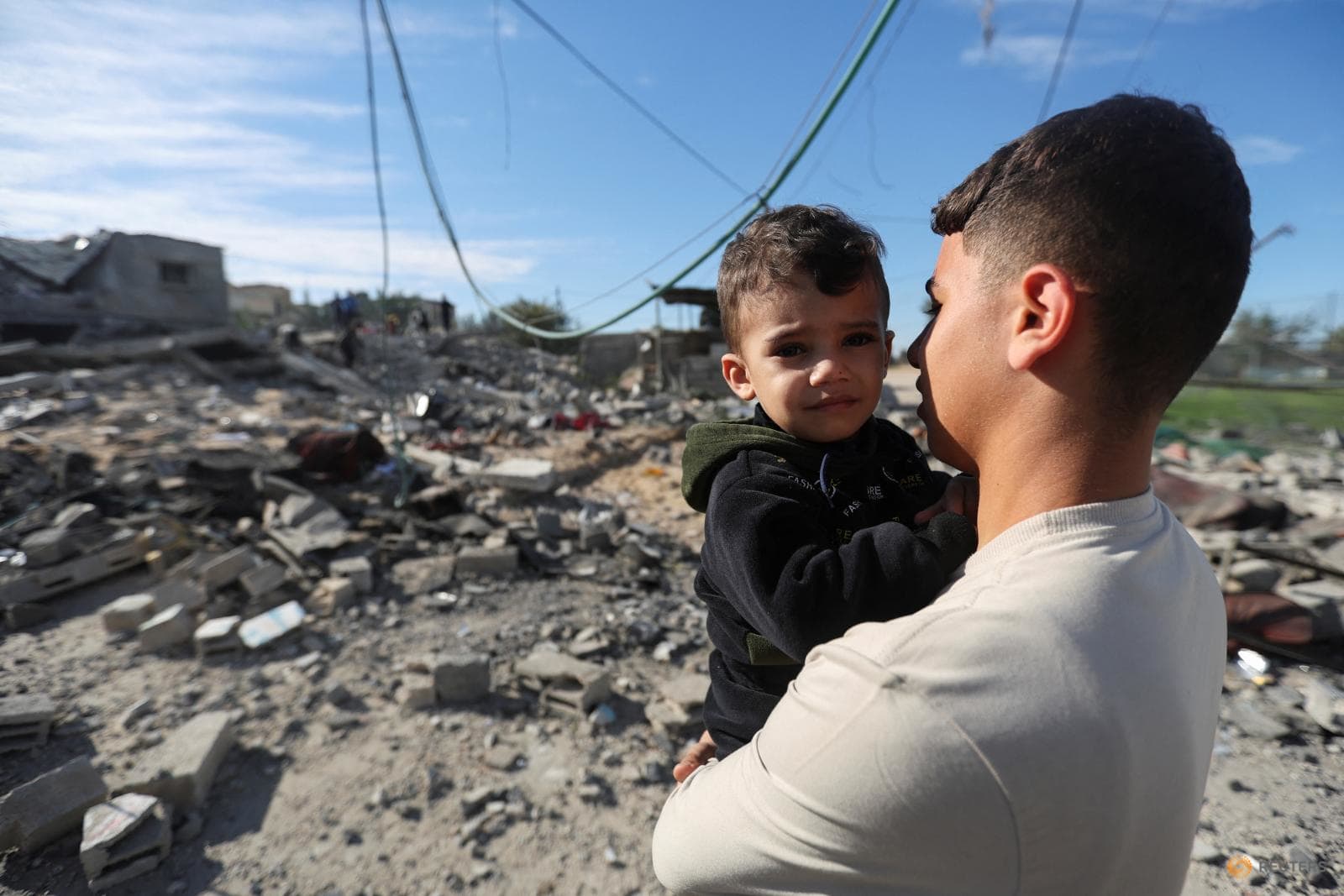
Hamas attacked Israel on Oct 7 in an operation called Al-Aqsa Flood, killing about 1,200 people in communities near the Gaza Strip and taking at least 200 hostages, according to Israeli authorities.
Israel responded with a campaign to eradicate Hamas militants through relentless bombardment and a ground invasion of the coastal enclave.
It brought widespread hunger and homelessness and has so far killed more than 20,000 Gazans, mostly women and children, according to the territory's health ministry.
Myanmar anti-junta rebels go on the offensive
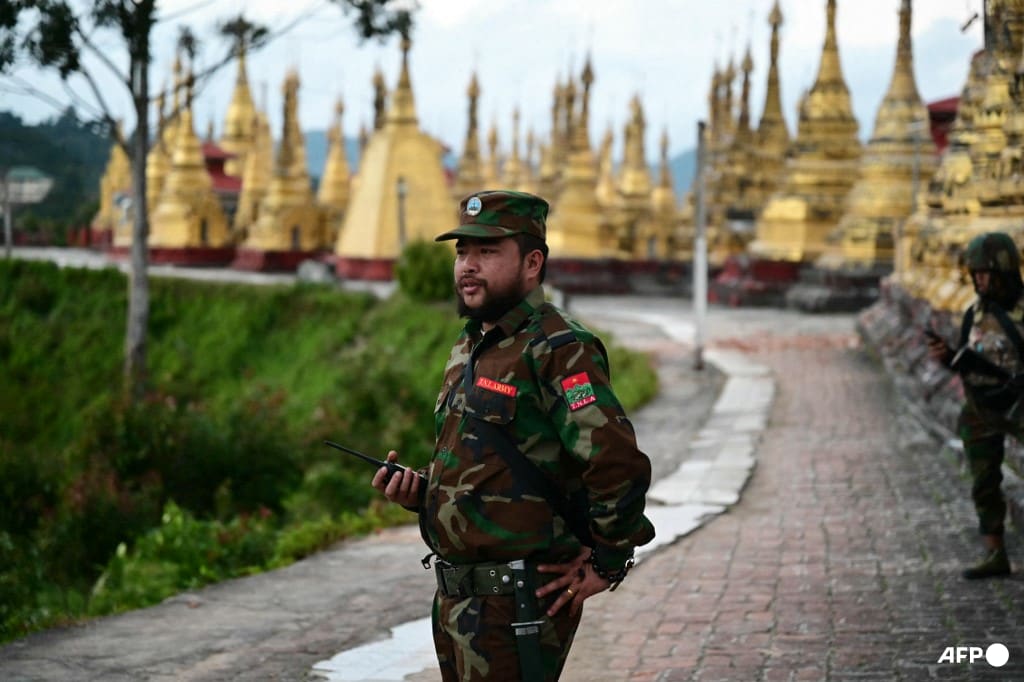
At 4am on Oct 27, a coalition of powerful ethnic rebel armies in Myanmar, known as the Brotherhood Alliance, launched a series of attacks on the ruling junta's forces in northern Shan state.
Their offensive, codenamed Operation 1027 to mark the date it began, sparked similar attacks by other resistance militias in the country.
Hundreds of thousands of people have been displaced by the prolonged, coordinated fighting, which has also led to growing numbers of soldiers in the armed forces defecting or surrendering to the opposition.
Operation 1027 is widely viewed as a campaign to end military rule, two years after the junta unseated a democratically elected government led by Nobel laureate Aung San Suu Kyi and triggered a bloody crackdown on dissent.
November
First images from Euclid space telescope released


European Space Agency scientists unveiled the first pictures taken by the Euclid space telescope on Nov 7, four months after it was launched from Cape Canaveral, Florida.
In one picture, Euclid captured a group shot of 1,000 galaxies in a cluster 240 million light years away, against a backdrop of more than 100,000 galaxies billions of light years away.
Joe Biden and Xi Jinping meet in the US
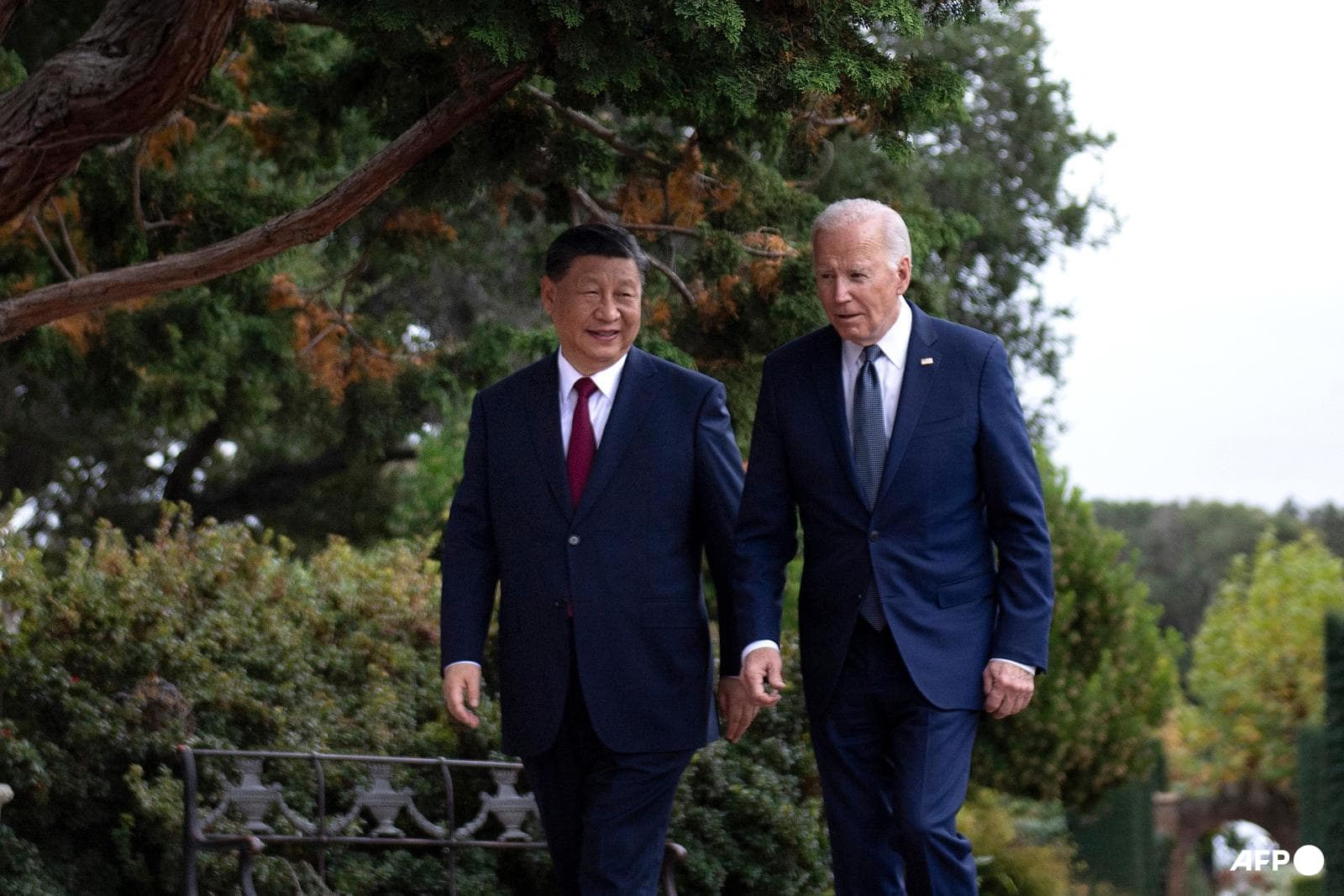
US President Joe Biden and Chinese President Xi Jinping met in San Francisco on Nov 15. It was just the second in-person meeting between the two leaders since Biden took office in January 2021.
During the four-hour meeting, Biden and Xi covered pressure points that have contributed to strained US-China relations, and they agreed to resume military-to-military communications and cooperate on anti-drug policies.
"We're back to direct, open, clear, direct communication on a direct basis," Biden said.
India tunnel collapse traps 41 workers
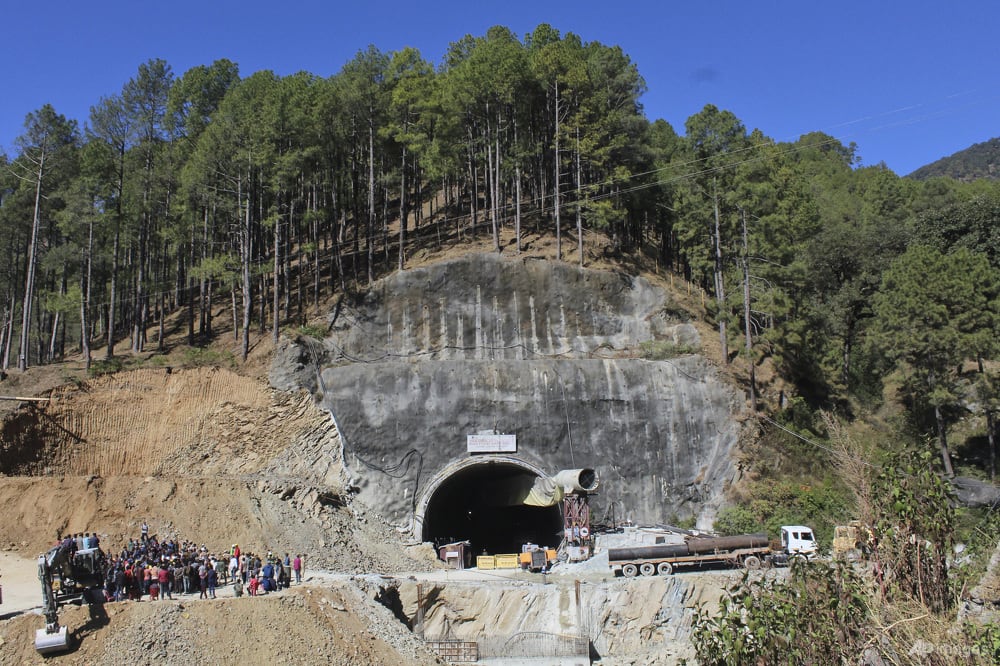

An early morning landslide on Nov 12 caused a portion of the 4.5km Silkyara tunnel near the town of Uttarkashi in India's Uttarakhand state to collapse, trapping 41 construction workers.
The mission to rescue the workers was expected to last only a few days, but it took 17 days to free them. All were pulled out alive.
December
2023 becomes the hottest year in recorded history
This year will be the hottest in recorded history after an "extraordinary" November became the sixth record-breaking month in a row, Europe's climate monitor said on Dec 6.
November temperatures pushed 2023's global average temperature to 1.46 degrees Celsius above pre-industrial levels.
Scientists have said that data from ice cores, tree rings and the like suggests that this year could be the warmest in more than 100,000 years.
COP28 ends with agreement to begin reducing consumption of fossil fuels

Representatives from nearly 200 countries agreed at the COP28 climate summit on Dec 13 to begin reducing global consumption of fossil fuels to avert the worst impacts of climate change.
While hailed by many global leaders as a step forward, the deal lacked fixed timelines and allowed for plenty of interpretive wiggle room, experts said, adding that there was clear hesitancy to mention a "phase down" or "phase out" of fossil fuels.
More than 100 countries had lobbied hard for strong language in the COP28 agreement to "phase out" oil, gas and coal use, but came up against powerful opposition from the Saudi Arabia-led oil producer group OPEC, which argued that the world can slash emissions without shunning specific fuels.
Pope Francis approves blessings for same-sex couples
The Vatican announced on Dec 18 in a landmark ruling approved by Pope Francis that Roman Catholic priests can administer blessings to same-sex couples as long as they are not part of regular Church rituals or liturgies.
This ruling effectively reversed a declaration the same body had issued in 2021, which now says that such blessings would not legitimise irregular situations but be a sign that God welcomes all.
Earthquake shakes northwest China
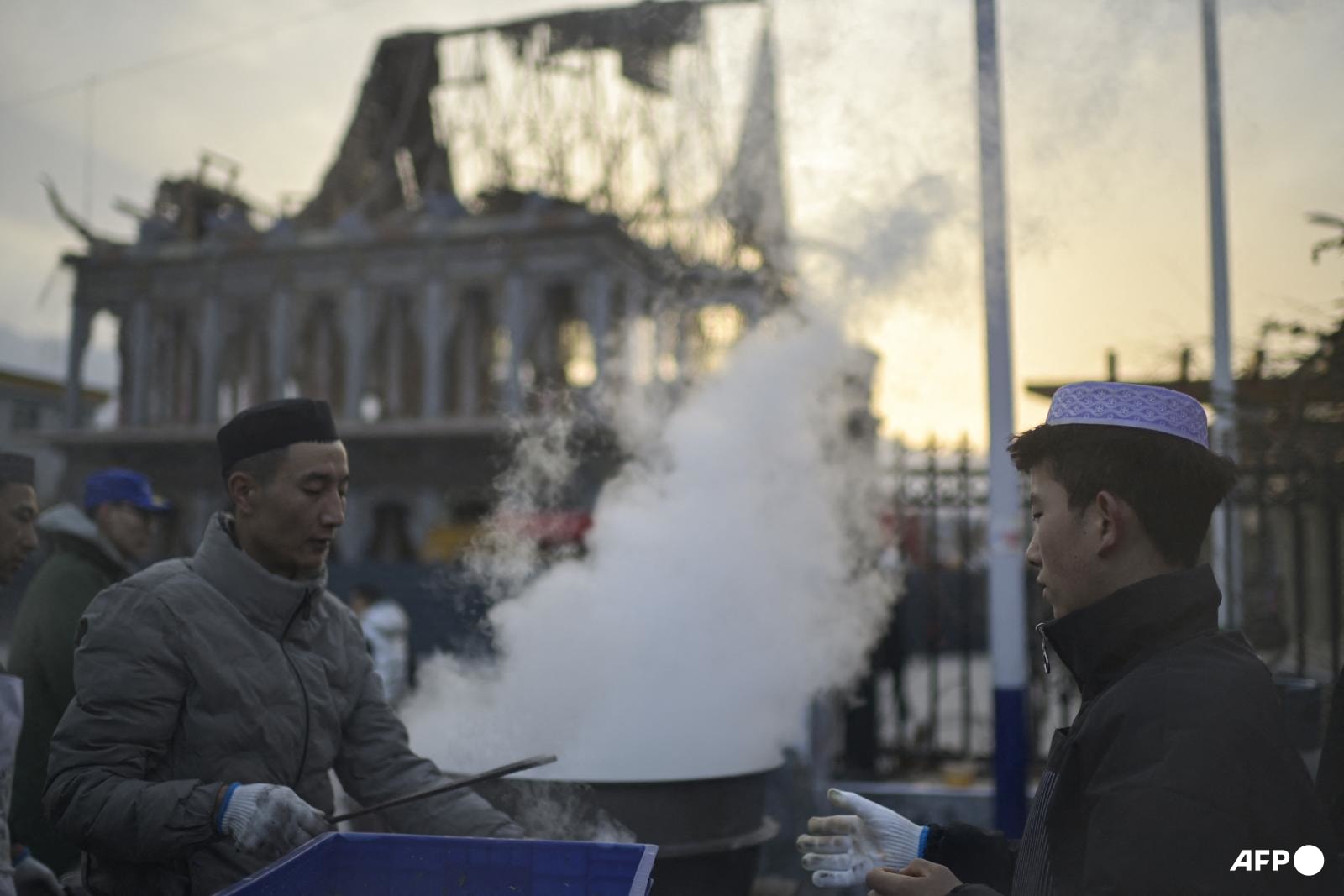
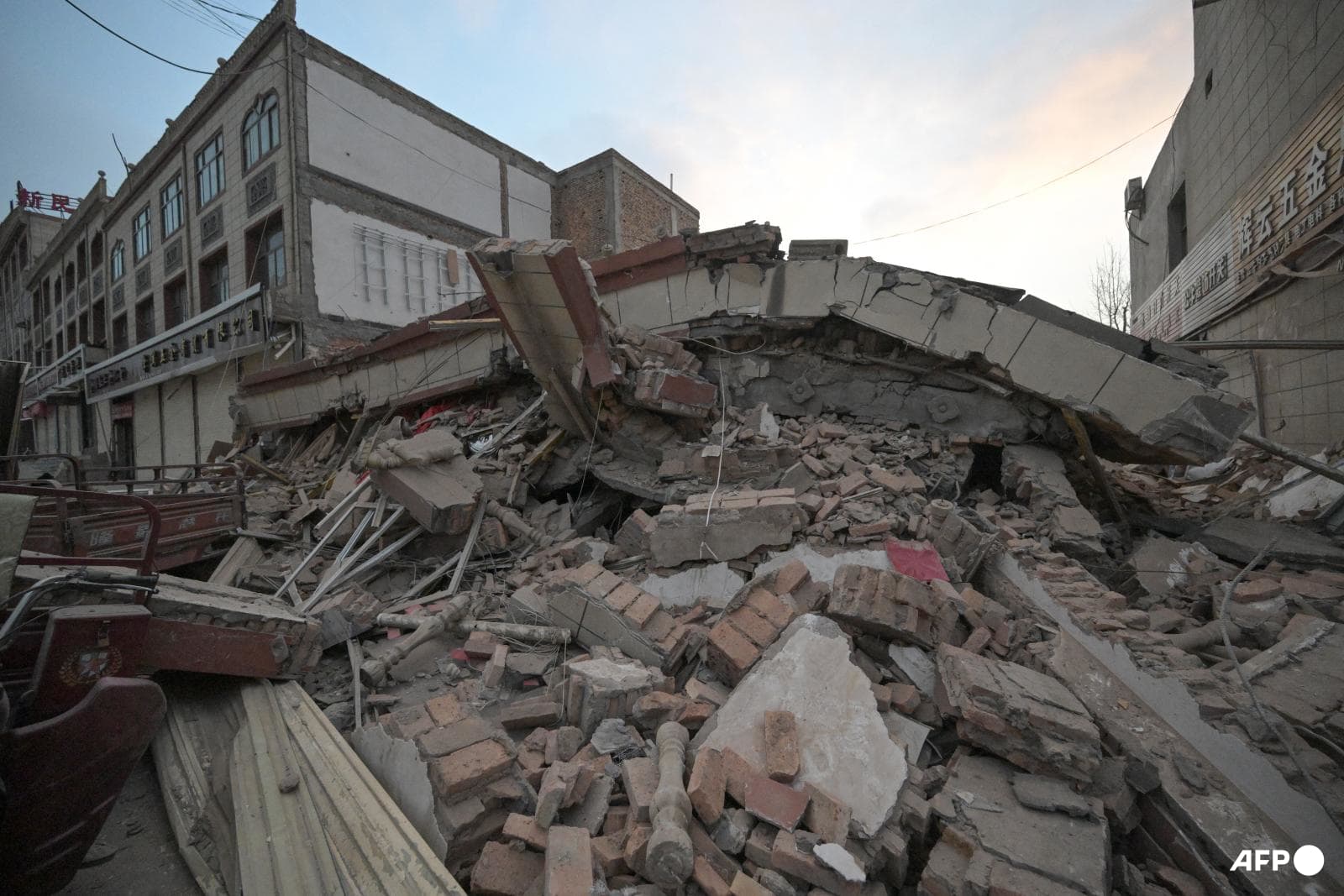
A 6.2-magnitude earthquake struck China's northwestern Gansu province late on Dec 18, killing at least 149 people in the country's deadliest earthquake in years.
More than 207,000 homes were wrecked and nearly 15,000 collapsed in Gansu, affecting more than 145,000 people.









